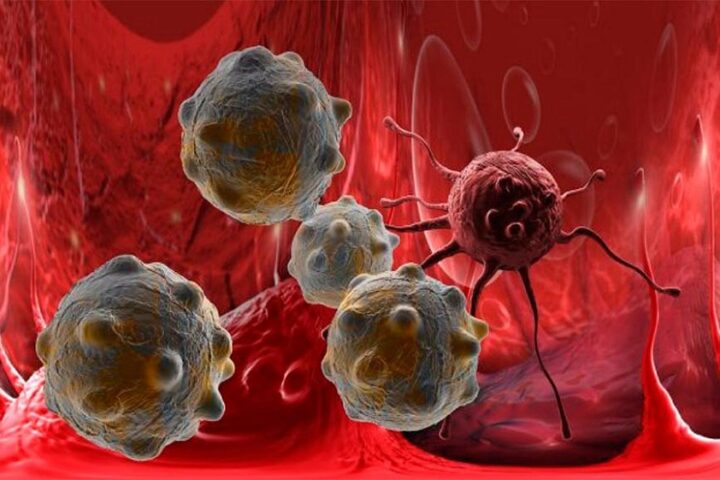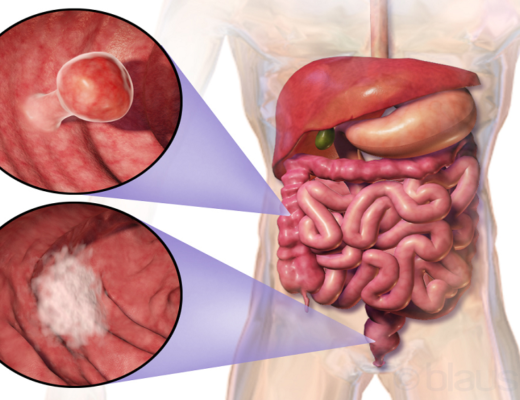Even if you haven’t smoked a single cigarette or tobacco, you are still at risk for lung cancer. This is what a ground-breaking study recently completed by scientists uncovered. The scientists at the University of London (UCL) and the Francis Crick Institute conducted the study through funding that Cancer Research UK provided.
Well-respected clinician Professor Charles Swanton of the Francis Crick Institute explained the study’s findings in Paris during the European Society for Medical Oncology conference. The professor and his team discovered fine pollutant particles known as PM2.5 that come from diesel vehicles can activate dormant lung cell mutations and may lead to inflammation and cause cancer.
While the accumulations of cells that trigger cancer-causing mutations are normal as a person ages, they are usually dormant. Exposure to air pollution changes this as the toxic air that gets into the lungs can awaken the cells, which can become potential tumours.
Professor Swanton further disclosed their findings can be used to come up with significant means to treat and prevent lung cancer in non-smokers. The best way to reduce the possibility of lung cancer is to stop the growth of the cells when exposed to air pollution.
How the study was carried out
The team studied and analysed EGFR or Epidermal Growth Factor Receptor mutant lung cancer, a type of lung cancer. EGFR gene mutations are typically present in lung cancer in non-smoking individuals or people who have never smoked a day in their lives.
Data from more than 400,000 individuals from Asian countries and the UK were collected and examined. EGFR mutant lung cancer rates were compared, particularly in places where PM2.5 pollution levels varied.
The team discovered that areas with higher levels of PM2.5 had higher EGFR mutant lung cancer rates. These communities and neighbourhoods also had higher risks of other cancer types.
Swanton and his team also experimented with mice that carried EGFR mutations and exposed the rodents to toxic air at high levels typically present in cities.
Mice with the EGFR mutations were more susceptible to cancer compared to rodents that weren’t exposed to toxic air.
The experiment also showed evidence that exposure to PM2.5 releases the inflammatory protein interleukin-1-beta (IL1B).
How the Dieselgate scandal contributed to air pollution
The gas that diesel vehicles release is dangerous. Nitrogen oxide or NOx has components such as nitrogen dioxide or NO2 and nitric oxide or NO. Both can have adverse effects on the environment and a person’s health.
NOx is also responsible for producing acid rain and smog. It contributes to the formation of ground-level ozone, a pollutant that damages vegetation.
People who are regularly exposed to NOx emissions may experience frequent episodes of anxiety and depression. Cognitive health can also slowly decline, which can lead to dementia.
The major impacts of NOx exposure include asthma and respiratory diseases such as emphysema and bronchitis, difficulty in breathing as fluid can build up in the lungs, asphyxiation, and spasm of the vocal cords. Serious, life-threatening impacts are cancer, cardiovascular diseases, and early death.
If NOx emissions are significantly lessened, its effects may not be as glaring as the numbers have been in the past years: hundreds of thousands of deaths due to air pollution. Diesel vehicles that got involved in the Dieselgate scandal of 2015 contributed a lot of toxic air that worsened air quality year after year.
The Dieselgate diesel emissions scandal started with the Volkswagen Group after they received a notice of violation from US authorities about the carmaker’s alleged use of illegal defeat devices in Audi and Volkswagen vehicles. A defeat device senses when a vehicle is being tested in the lab and automatically reduced emissions levels according to the World Health Organization’s mandated limits. This is done so the vehicle will appear clean, safe, and ready for selling and driving. The truth, however, is that defeat device-equipped vehicles are heavy pollutants.
When the vehicle is driven on real roads (out of the lab), it releases high levels of NOx. So, if proven true, VW has lied to customers and mis-sold high-polluting vehicles as emissions-compliant and environmentally friendly.
Aside from VW, other carmakers that are allegedly involved in the scandal include BMW, Mercedes-Benz, and Renault. UK-based Vauxhall has also been implicated in the diesel emissions scam. VW and all the involved manufacturers have had to spend millions (or billions) in payoffs, including compensation for the affected drivers. The Vauxhall emissions claim, however, is still fairly new, so legal firms are still collecting information and talking to affected car owners.
Authorities hold the carmakers responsible for the worsening air quality – and for exposing drivers to toxic air. Car owners are urged to file a diesel claim against their carmakers.
Should I start my diesel claim now?
There is no right or wrong time to bring a diesel claim against erring carmakers. As soon as you have verified that you are qualified to claim, you should start working with emissions experts in building your case.
Before anything else, however, visit Claim Experts. co. uk first to determine your eligibility to file a claim. They’ll give you all the information you need to jumpstart your emissions case.




